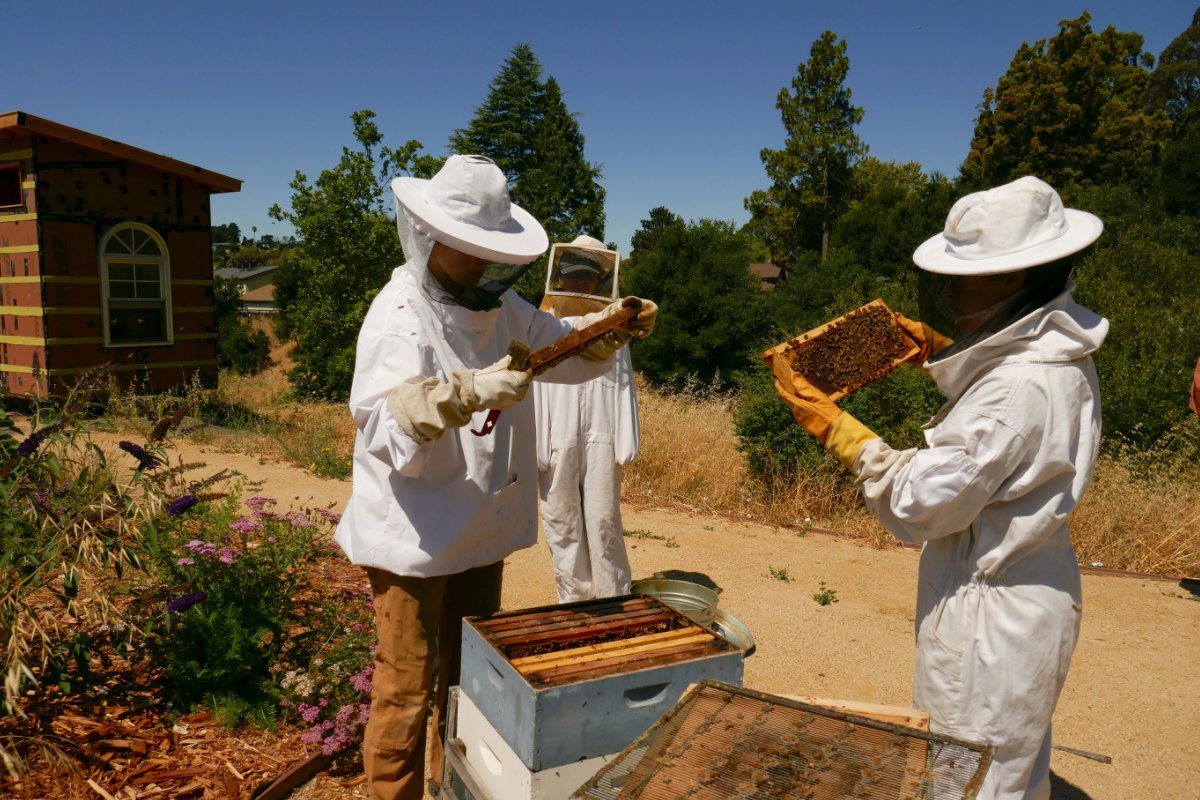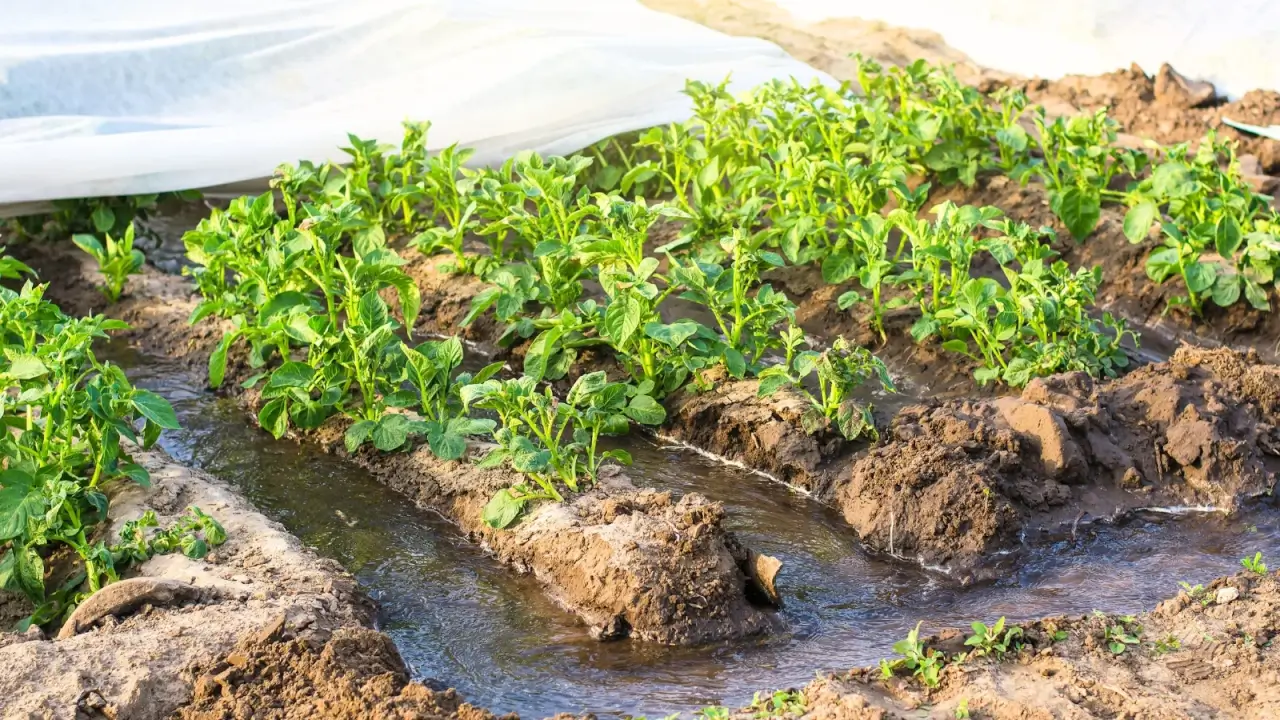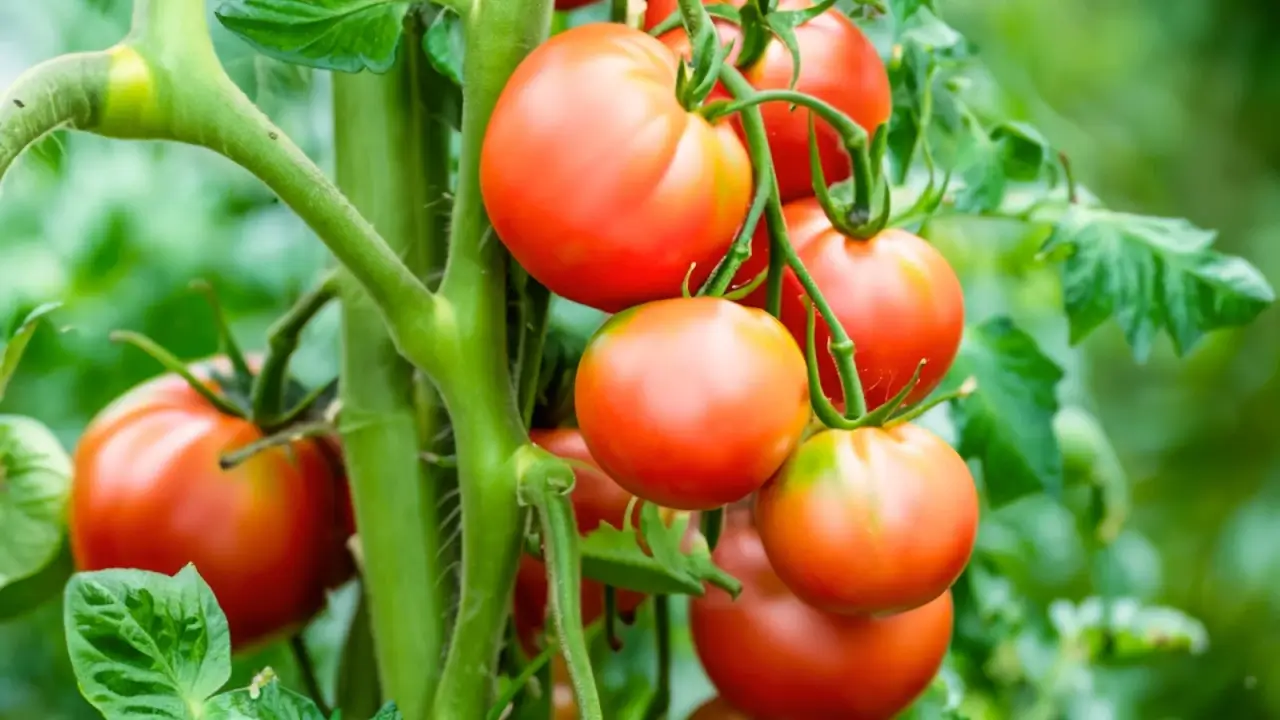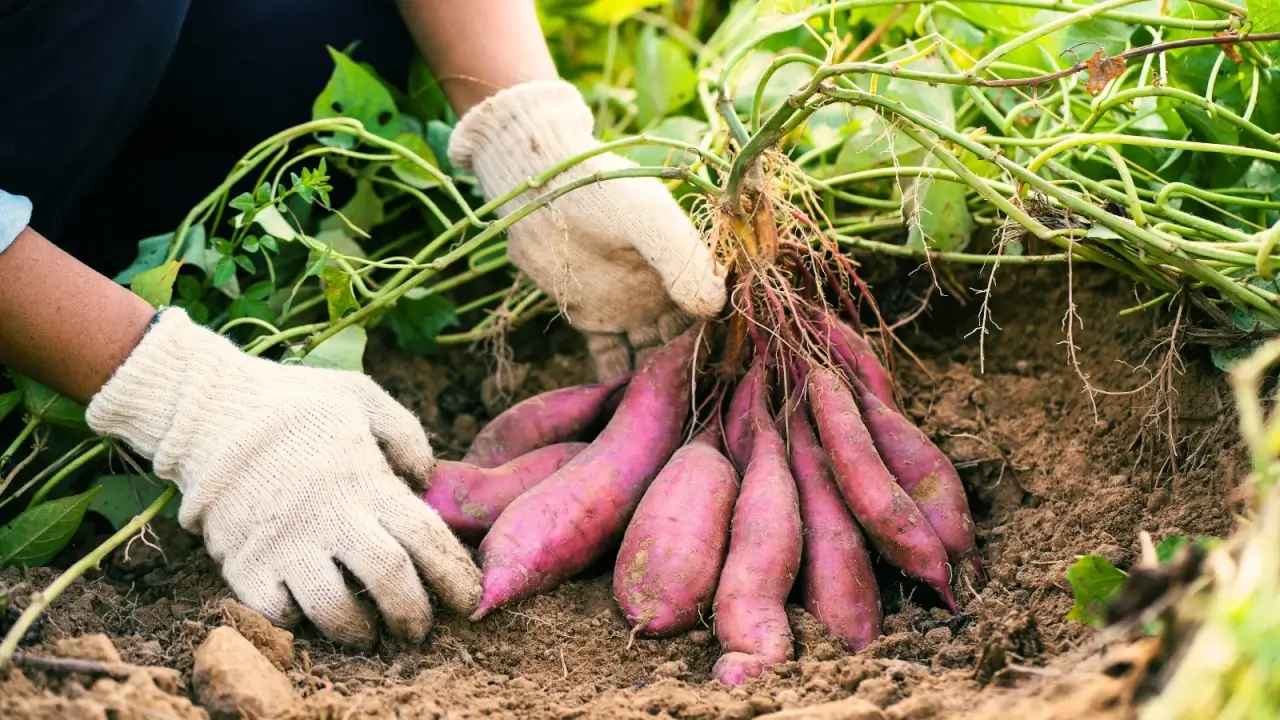The majority of the ILCMA grant was going to be used to purchase land to establish a commons—a collaborative system where land is owned and managed collectively, rather than by sole owner—for BIPOC, queer, and landless farmers. The grant was also going to fund 60 percent of Agroecology Commons’ staffing capacity for the next three years.
“I wish they would just say that they don’t want to support people of color, and they just want to support white men, because that is what they’re implying.”
The organization planned to purchase land in several counties across Northern California. They had already built a relationship with a real estate agent, Kilgore said, and had a list of sites that they were interested in purchasing, but before the team was able to move forward, the grant was frozen.
“When it came to the ILCMA grant, we were doing all the things that they said,” Kilgore said. “We’re supporting farmers; we’re supporting economic development; we’re supporting people to pull themselves up by their own bootstraps; we are giving people the opportunity to start their own business,” she said. “I wish they would just say that they don’t want to support people of color, and they just want to support white men,” she continued, “because that is what they’re implying.”

Brooke Porter (left) and volunteers Zoe Meraz (right) and Noelle Romero (center) inspect hive frames heavy with honey, making sure that the hives are healthy. (Photo credit: Riley Ramirez)
In addition to broadening land access, the Agroecology Commons seeks to pass on agricultural knowledge to those who may have trouble accessing it otherwise. It was using a second pot of federal money, the Community Foods Projects grant, to help fund training programs such as the BAFFT program Swain participated in.
The program not only gives participants the chance to learn, experiment, and practice land stewardship under the guidance of experienced mentors, but also enables them to take online courses from global partners on a range of topics, including social movements in agrarian reform, agroecology, and food sovereignty.
Once they complete the curriculum, new farmers can apprentice at Bay Area farms. Of the 40 BAFFT graduates so far, 17 are currently working as apprentices on 12 different farms, according to Brooke Porter, a co-director of the Commons. To alleviate socioeconomic conditions that might prevent new farmers from being able to gain experience, the Commons makes a point of paying both the apprentices and their mentors.
Oftentimes, opportunities for young farmers to gain essential on-farm skills require them to provide free time and labor, which requires a certain level of privilege, Porter said. Agroecology Commons’ program challenges that status quo, giving disadvantaged farmers the boost they need to get started.
“This is an opportunity to really change the dichotomy of how people typically get to learn on-farm skills,” Porter said.
“This is deeper than what I do for my career. This is ancestral work for me.”
The Berkeley Basket CSA program is currently hosting two of the Commons’ apprentices—Swain and Cielo Flores, 31. Flores, whose family from El Salvador has a deep history in agriculture, said he signed up for the farmer training program because he was interested in learning how to start his own farming project and cooperative. The program and apprenticeship provided him a template for how he could approach his own project.
“I wouldn’t be doing this without their support,” Flores said. “Agroecology Commons is trying to support me in my vision to become a farmer, to become a land steward. This is deeper than what I do for my career. This is ancestral work for me.”
Moretta “Mo” Browne, who joined Berkeley Basket CSA in 2019 and now owns it, is grateful that Agroecology Commons pays both hosts and participants in the apprenticeship program.
“I already wanted to be a part of it, but the fact that they were able to compensate folks really feels like they understand how exploitative this work can be,” they said. Additionally, getting paid to be a mentor only sweetens the deal. “Being able to live out your dream of being a farmer shouldn’t come at the cost of having a roof over your head or putting food on the table,” they said.
In addition to the apprenticeship opportunity, the Commons offers its El Sobrante incubator farm as a space where BAFFT program graduates can start their own farm projects and continue gaining hands-on training. The 3-acre plot has shared infrastructure, a tool-lending library, and tractors, helping eliminate the structural barriers to successful farming.

Among vegetables like tomatoes and onions, Agroecology Commons grows an array of native flowers on the farm. (Photo credit: Riley Ramirez)
In March, Secretary of Agriculture Brooke Rollins announced in a video on Instagram that the USDA had canceled the Agroecology Commons’ Community Food Projects grant. She stated that the termination was because the grant aimed “to educate queer, trans, and BIPOC urban farmers and consumers about food justice and values aligned markets.”
“We knew a lot of our language has the DEI buzzwords that they’re looking for and the climate focus that they have been targeting, so [the termination] didn’t come out of thin air,” Atwood said.
Only about $32,000 of the grant remains. As a result, the organization has had to pause some projects, such as the creation of financial literacy and cooperative business-planning workbooks. It also cut back on the number of apprenticeship hours it can offer. Last year, Porter said, the Commons offered apprentices the option to do 250- or 500-hour apprenticeships, but this year, it could only offer the lesser of the two.
“It is a much different learning experience, obviously,” she said.
As for the ILCMA grant, it wasn’t until June that Agroecology Commons became aware that it too was likely designated for cuts. A USDA press release announcing the cuts cited a $2.5 million grant “for expanding equitable access to land, capital, and market opportunities for underserved producers in the Bay Area” as an example of one of the terminated programs.



